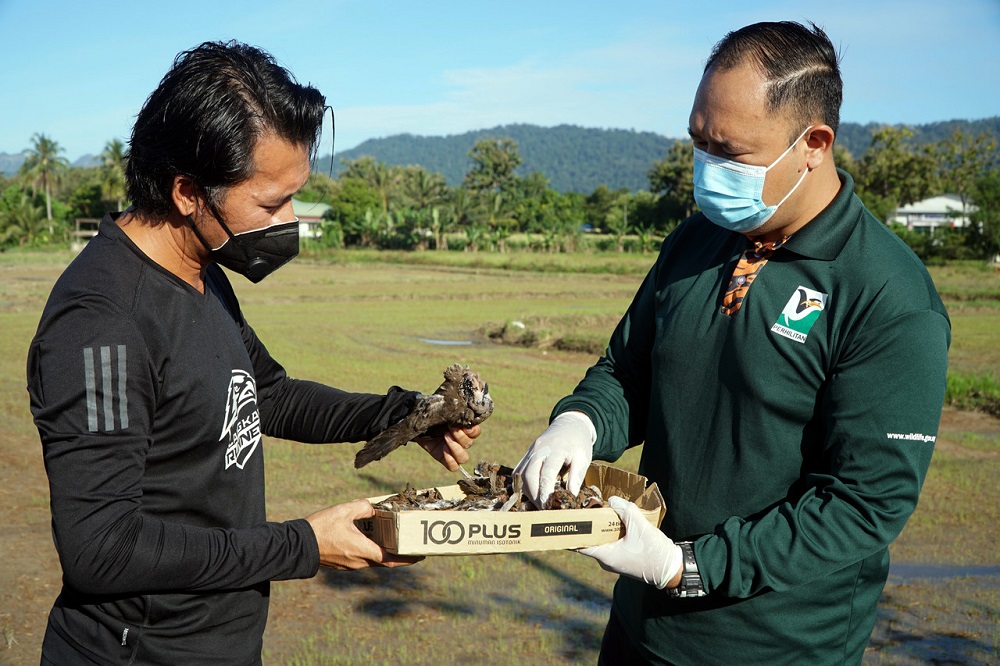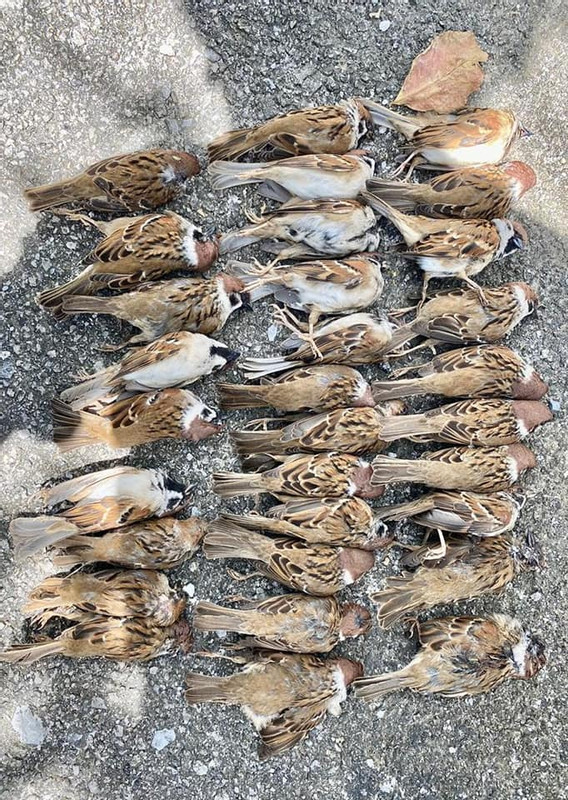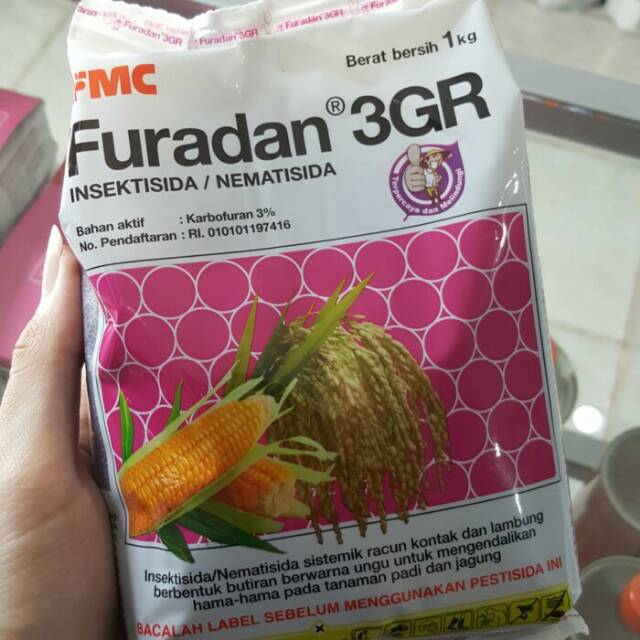Around 80 Sparrows Believed To Have Been Poisoned To Death In Langkawi
No further action will be taken as sparrows are not part of Malaysia's protected species.
Around 80 Eurasian Tree Sparrows were found dead in Ulu Melaka, Langkawi on 18 October
According to Bernama, a resident named Shahrizan Saad said the birds were found dead on trees, rooftops, and fences with yellow fluid oozing out from their beaks.
Shahrizan added that the carcasses were initially found at 6pm on Sunday, around the residential area near a paddy field.
Most of the birds are said to have died after eating rice seeds mixed with Furadan pesticides
Shahrizan said that a farmer admitted to him that Furadan pellets were used on the rice seeds because he does not want his paddy to be eaten.
He speculated that more carcasses will appear as birds would naturally go to the paddy fields for food.
"Five years since living here, this is the first time I've seen so many bird carcasses lying around. It is really sad to see so many of them dying from poisoning."
The Langkawi district Wildlife and National Parks (PERHILITAN) officers monitored the situation and took samples for investigation
PERHILITAN assistant officer Mohd Nazri Amran told Bernama that no action could be taken against alleged offenders except advising them as house sparrows are not listed as protected species in the Wildlife Conservation Act 2010.
However, they could be charged under Section 31 of the Animal Welfare Act 2015, as poisoning animals without any authorisation is considered an offence.
Furadan, also known as Carbofuran, is a highly toxic pesticide that kills small animals
According to the Extension Toxicology Network, carbofuran is especially poisonous to birds as they often mistake the pellets for rice grains. One granule is enough to kill a small bird.
If ingested by humans, side effects may include nausea, vomiting, abdominal cramps, sweating, diarrhoea, excessive salivation, blurring of vision, breathing difficulty, and increased blood pressure.
In 2018, National Geographic reported that Furadan was used by Kenyan farmers to kill ducks, storks, cattle, and even lions.


